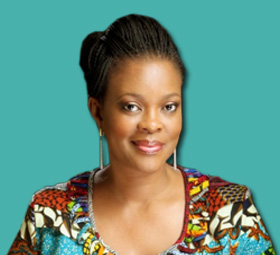The Publisher of TW Magazine, Adesuwa Onyenokwe, on Thursday urged prospective media entrepreneurs to adopt creative ways of dealing with the challenges posed by the New Media.
Onyenokwe gave the advice in a statement made available to the News Agency of Nigeria in Lagos.
NAN reports that TW Magazine is a lifestyle magazine for today’s woman.
The statement said that digital media had forced traditional print media proprietors to adopt technological innovations in the dissemination of news.
It said: “Globally, increased competition with digital media has seen the print media forced to supplement their platforms with websites as technological innovations threaten to silence hardcopy newspapers completely.
“Prospective media entrepreneurs should adopt creative ways to deal with the challenges that come their way.”
According to the statement, online news media is witnessing accelerated increase in patronage as many people use their internet enabled mobile phones to access news from all parts of the globe.
Onyenokwe said: “But as more Nigerians get access to the web, new media is increasingly gaining ground with citizen journalism on social media and mobile applications.
“Blogs and websites continue to gain traction and amass a significant size of advertising budgets.
“Newspapers and magazines are seemingly stuck on the wrong side of the McLuhan’s famous Theory of Technological Determinism which predicts more emphasis on digital media as the world advances.”
While quoting from the 2013 “The State of the News Media Report,” the publisher said that the total traffic to the top 25 news sites increased to 7.2 per cent in 2012.
According to Pew Research data, 39 per cent of respondents got news online or from a mobile device “yesterday” up from 34 per cent in 2010 when the survey was last conducted.
That indicates patterns of audience growth on digital platforms, the statement said.
It, however, expressed optimism in the ability of the Nigerian publishing industry to leverage on the opportunities offered by digital technology to supplement print media with digital platforms.
In order for her magazine to remain relevant in the digital age, it quoted Onyenokwe as saying that TW Magazine launched a website and an app to supplement its print version.
“Thus aligning with the proliferation of digital devices in peoples’ lives,” the statement said.
The publisher said that the biggest problem of publishing in Nigeria was distribution, which, according to the statement, explained the littering of the streets of Lagos with vendors.
It believes that the key to transforming the fortunes of the print media businesses in Nigeria perhaps lay with changing the sector’s distribution mechanism.
This, the statement noted, was still largely characterised by road-side hawking and the ubiquitous free readers association.


